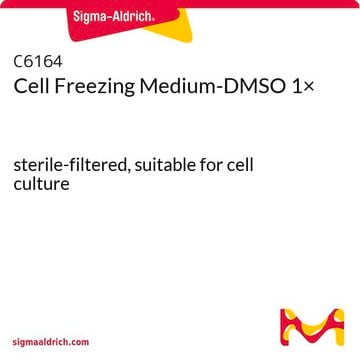H7891
Hexammine cobalt(III) chloride
for use in transformations, X-ray crystallography and NMR
Synonym(s):
Cobalt hexammine trichloride, Hexaamminecobalt trichloride
About This Item
Recommended Products
grade
for molecular biology
form
powder
storage temp.
room temp
SMILES string
N.N.N.N.N.N.[Cl-].[Cl-].[Cl-].[Co+3]
InChI
1S/3ClH.Co.6H3N/h3*1H;;6*1H3/q;;;+3;;;;;;/p-3
InChI key
JXBGZYGSWFSYFI-UHFFFAOYSA-K
Looking for similar products? Visit Product Comparison Guide
General description
Application
- DNA condensation studies
- induction of transitions of DNA from B to A or Z forms
- induction of nucleic acid crystal growth
- stabilization of tertiary tRNA interactions
- preparation of ligation buffer
related product
Signal Word
Danger
Hazard Statements
Precautionary Statements
Hazard Classifications
Aquatic Chronic 4 - Carc. 2 - Resp. Sens. 1 - Skin Sens. 1
Storage Class Code
11 - Combustible Solids
WGK
WGK 3
Flash Point(F)
Not applicable
Flash Point(C)
Not applicable
Personal Protective Equipment
Certificates of Analysis (COA)
Search for Certificates of Analysis (COA) by entering the products Lot/Batch Number. Lot and Batch Numbers can be found on a product’s label following the words ‘Lot’ or ‘Batch’.
Already Own This Product?
Find documentation for the products that you have recently purchased in the Document Library.
Customers Also Viewed
Our team of scientists has experience in all areas of research including Life Science, Material Science, Chemical Synthesis, Chromatography, Analytical and many others.
Contact Technical Service











